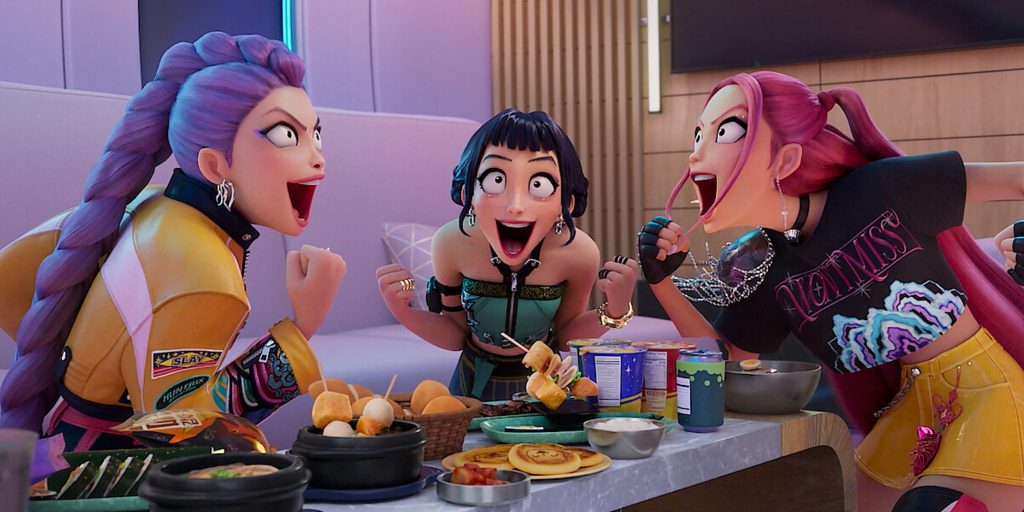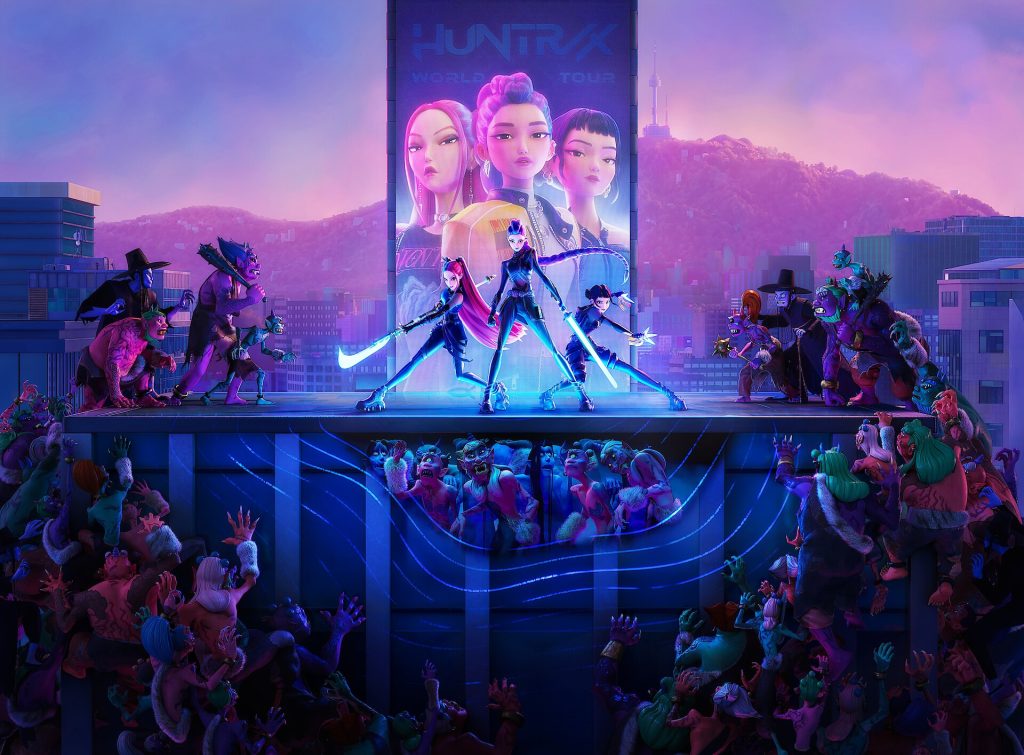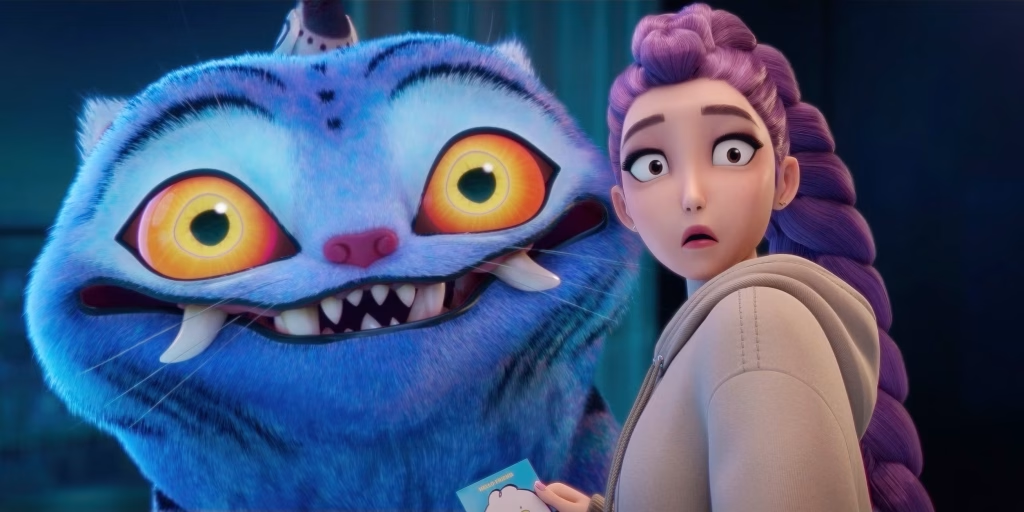Every once in a while, the entertainment industry gets a story so wild it almost feels scripted. KPop Demon Hunters is one of those stories. On the surface, it’s an animated movie about a fierce, glitter-drenched girl group who balance sold-out concerts with slaying demons on the side. But behind the scenes, it’s also a story of boardroom gambles, cultural waves, and one studio’s cautious misstep turning into another’s billion-dollar jackpot.
The film’s journey started at Sony Pictures Animation, with directors Maggie Kang and Chris Appelhans steering a project that blended Korean mythology, K-pop flair, and the universal themes of friendship and resilience. It was bold, colorful, and unlike anything else in the animation market. But bold doesn’t always sit well with cautious executives—especially in the pandemic-era climate, when theaters were still struggling and studios were unsure about what audiences would actually pay to see on the big screen. Sony decided to play it safe. They struck a deal, off-loading the movie to Netflix for a reported base budget return plus a modest fee. At the time, it probably looked like a clean exit. No risk, no headlines if it flopped.
Except it didn’t flop. In fact, it detonated.

Since landing on Netflix in June 2025, KPop Demon Hunters has smashed records to become the streaming giant’s most-watched movie of all time, eclipsing previous heavyweights like Red Notice. Over 236 million people worldwide have tuned in, and instead of fading after launch—as so many Netflix originals do—the movie grew legs. Fans couldn’t stop talking about it. TikTok was flooded with cosplay, reaction videos, and fan-made choreography. Reddit lit up with debates over favorite characters, hidden mythological nods, and even whether Sony had just made the single biggest mistake in its animation division’s history.
And then Netflix did something no one expected—they took it to theaters. A limited sing-along run in roughly 1,700 cinemas across the U.S. turned into a box office event, raking in close to $20 million in a weekend without even the support of major chains. For Netflix, a company long painted as the enemy of theatrical releases, this was history: their first real box-office hit. What was supposed to be a quirky experiment for the couch became a global cultural moment.
The music deserves its own spotlight too. Four tracks from the movie—“Golden,” “How It’s Done,” “Soda Pop,” and “Your Idol”—blew past the realm of soundtrack filler and became legitimate chart-toppers. “Golden” soared to number one on the Billboard Global 200, dominating playlists across fourteen countries. The full album cracked the Billboard 200’s top ten, a first for a Netflix film soundtrack. Suddenly, Huntr/x, the fictional girl group at the heart of the movie, were being treated like real idols, with pop-up fan events, branded merchandise, and playlist dominance that rivaled the actual K-pop scene. The line between fiction and fandom blurred completely.

Of course, all of this success circles back to Sony. While Netflix is basking in the glory, Sony is left watching from the sidelines. Reports suggest the studio pocketed maybe $20 million upfront for handing the film over—a tidy sum for a single animated feature, but peanuts compared to the cultural and financial juggernaut the movie has become. It’s the kind of “what if” story that entertainment analysts will chew on for years. Would KPop Demon Hunters have found the same audience in theaters? Maybe. But on Netflix, with its global platform and algorithmic firepower, the movie didn’t just find an audience—it found a generation.

The success has inevitably sparked sequel talk. Netflix executives have already called it a “cultural phenomenon,” and early negotiations are underway with the directors for a follow-up. Fans are clamoring for deeper arcs for Zoey, Mira, and Jinu, characters who had smaller roles in the first film but have quickly become favorites online. There’s even buzz about stage musicals, live-action remakes, and expanded storylines—everything from trilogy dreams to immersive experiences. Sony, interestingly, may still have rights to theatrical sequels, which could create an unusual tug-of-war over how the franchise grows.
What’s clear is this: KPop Demon Hunters isn’t just a movie anymore. It’s a cultural marker, one of those entertainment moments that rewrites the rules about what audiences want and how they want it delivered. It’s the kind of success that shakes up industry strategies, a reminder that sometimes the riskiest ideas—the ones studios second-guess—are exactly the ones people are waiting for.
So here we are: a girl group that slays demons by night has also slain Netflix’s streaming records, upended Sony’s cautious calculus, and maybe even redefined the future of animation. A mix of mythology, music, and sheer audacity turned into the story nobody saw coming—except, of course, the fans who believed from the first beat.



